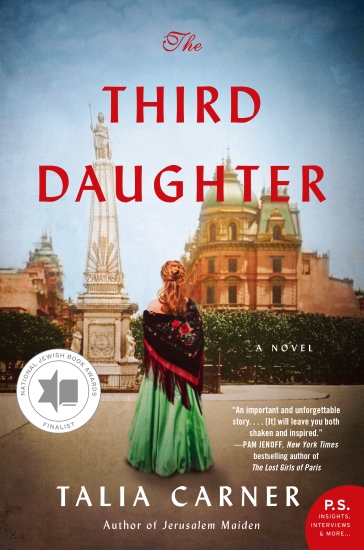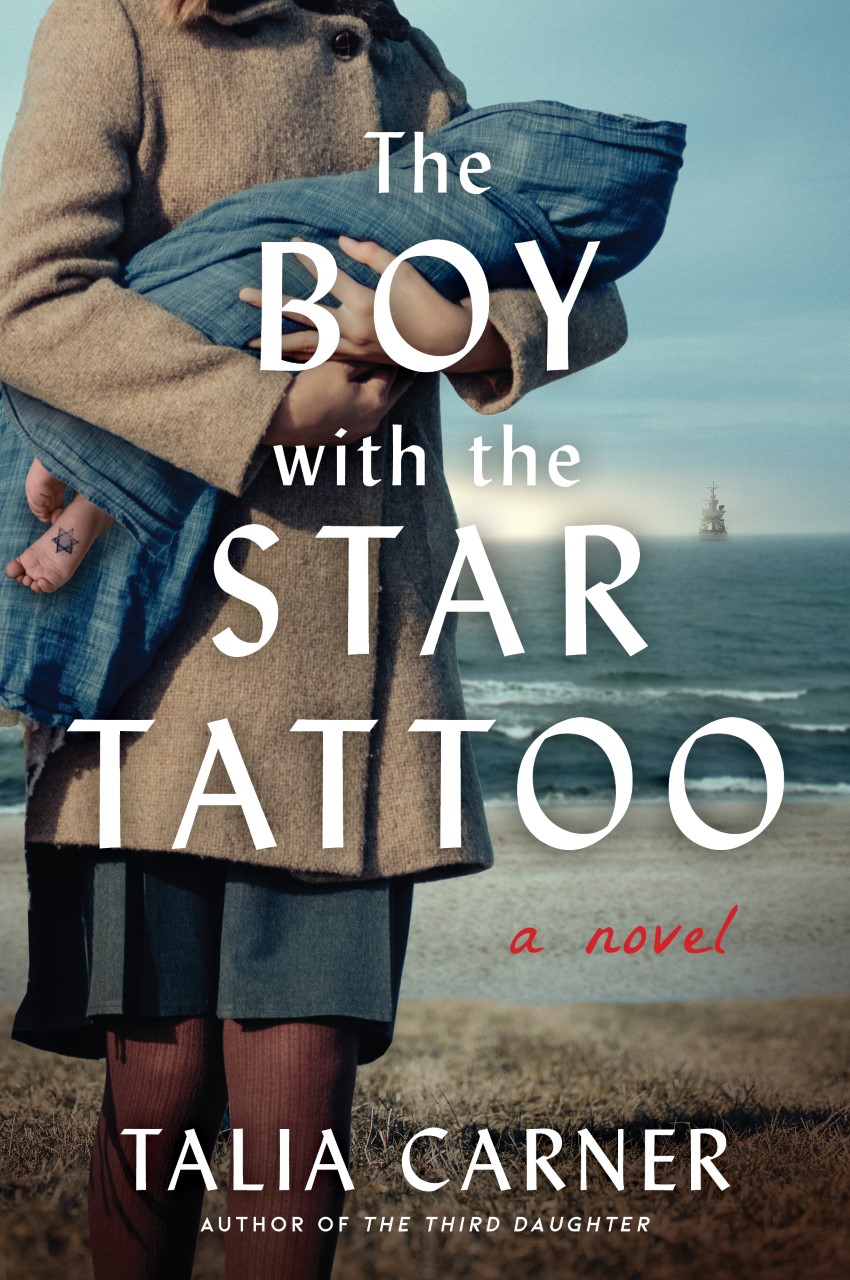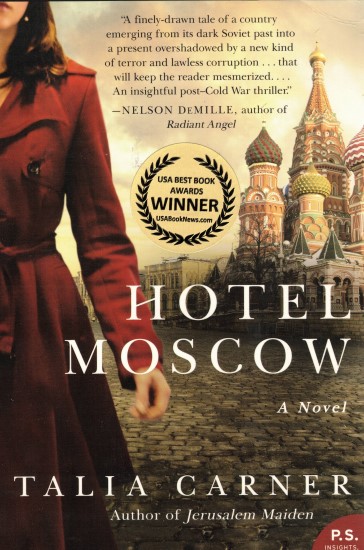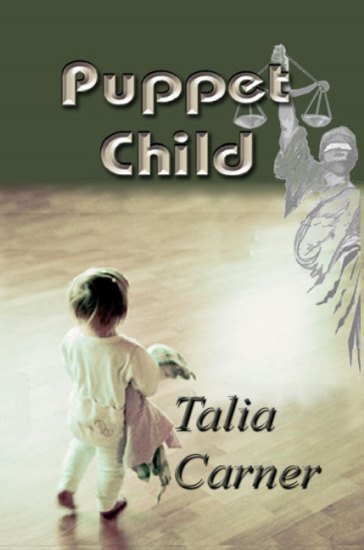- In her hours of despair, Batya thinks—and attempts—suicide. What prevents or pulls her back? At what points do you think she would say the life she is living is worth the trauma she has suffered? At what points would she not?
- Some “sisters” at the brothel enjoy what this way of life gives them. They prefer it to the alternative life of labor in a sweatshop or a field–or living in the squalor of the shtetl. Discuss the options open to women at the time–and today.
- While fleeing a pogrom, the 14-year-old Batya feels responsibile for her parents’ well-being. Discuss her life’s decisions in light of her older sisters’ choices. Is her love for her parents a burden or a gift?
- Discuss the role faith plays in the book for each group of people: Batya and her “sisters”; Batya’s family in Russia; the pimps and patrons of Zwi Migdal; the Jewish population of Buenos Aires. To what practices does each group adhere? What are limitations and/or hypocrisies of each group?
- Batya’s mother is constantly in Batya’s mind. How does Batya’s perception of her mother change as she grows older? How does it change after her mother’s death? How did her mother’s presence influence Batya’s decisions?
- Both Nettie and Rochel, two of Batya’s closest friends, go through dramatic yet very different transformations. Discuss each one’s background, character and options. Why did each make the choices she made?
- Batya tried to save money in order to bring her family to Argentina from Russia. Discuss the economic structure of the brothel: What are the financial incentives offered to Batya, and in what way do those incentives ultimately kept her in bondage?
- Towards the end of the book, Batya finds herself having to choose between Ulmann and Sergio. What are the risks and rewards of each? Whom did you think Batya should choose? Did you find yourself changing your mind at different points in the story?
- How complicit was the Argentine government in the trafficking of women? How did Zwi Migdal exploit cultural and legal practices to grow its business? And how was it able to hold on to power, even against a rising backlash?
- The methods and practices used by Moskowitz and other pimps in the book are still being used today. How and why are they so effective?





